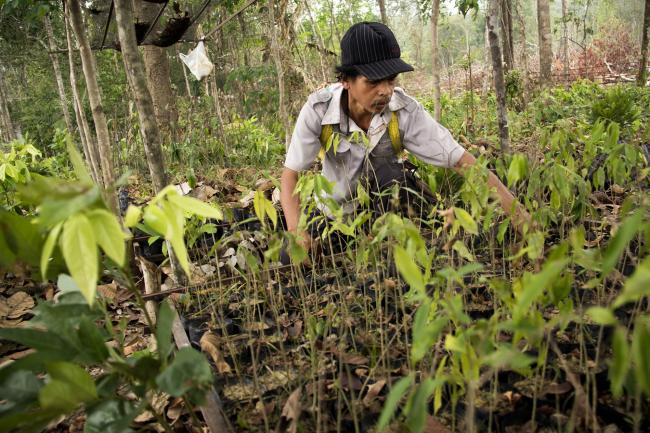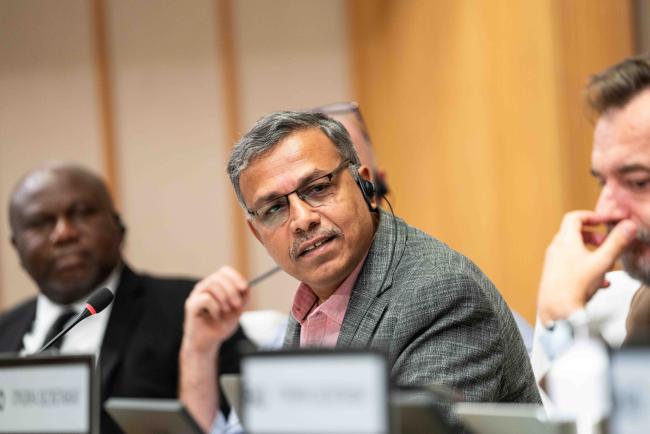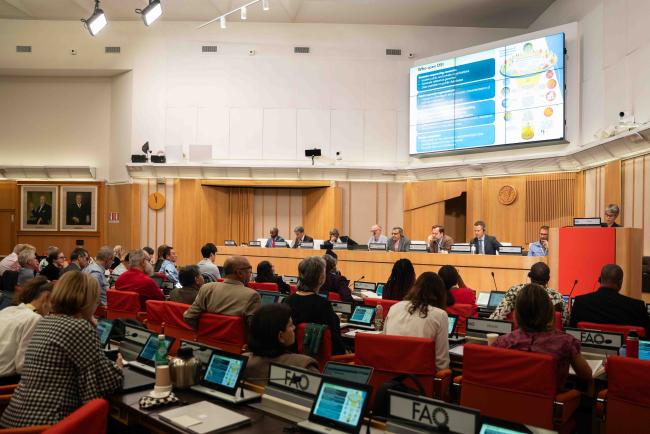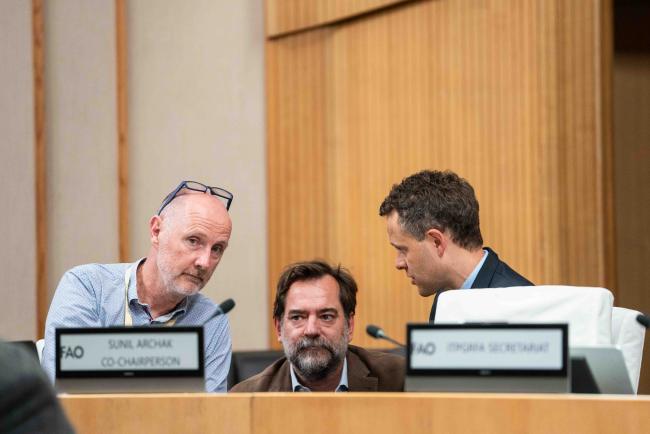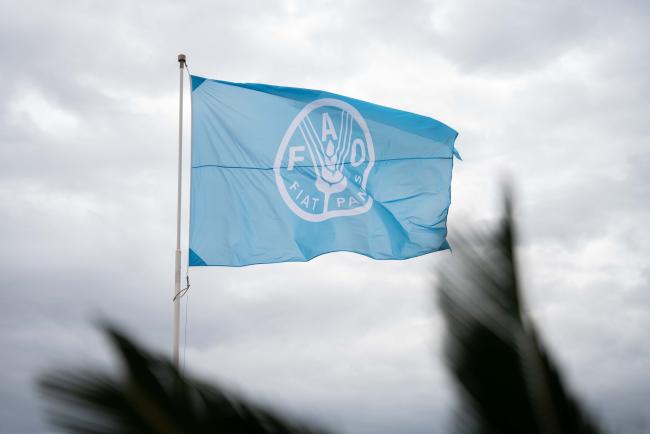Expanding inequities hamper the achievement of global goals, such as promoting food security and tackling biodiversity loss. International negotiation processes on access to genetic resources and fair and equitable benefit-sharing (ABS) provide the space to foster equity and justice in biodiversity-based innovation.
The institutional and policy landscape on ABS is becoming increasingly complex, with negotiations currently ongoing not only under the International Treaty on Plant Genetic Resources for Food and Agriculture (ITPGRFA), but also the Convention on Biological Diversity (CBD) and the World Health Organization (WHO). Following two presentations on relevant developments under the CBD and WHO, the Working Group on enhancing the Treaty’s Multilateral System of ABS held a lively discussion on possible lessons learned, interlinkages, and coordination needs.
Under the CBD, negotiations continue on the modalities of a multilateral mechanism of benefit-sharing from the use of digital sequence information (DSI) that parties agreed to establish in 2022. In a few weeks, the item will feature high on the agenda of the 16th meeting of the CBD Conference of the Parties (COP 16). While most aspects of the mechanism are still to be determined, broad support for the idea to require monetary benefit-sharing payments from all companies in sectors relying on DSI use may, if agreed, radically restructure the ABS landscape and have repercussions on the ITPGRFA.
In the public health realm, a pathogen-specific ABS system is being negotiated in the context of the ongoing WHO deliberations towards the adoption of a treaty on pandemic prevention, preparedness, and response. The types of benefits to be shared and triggers for benefit-sharing under this system are among the areas under debate, along with questions related to governance and technology transfer.
Moving on to genebank practices, a CGIAR presentation on the generation, use, and sharing of DSI in crop improvement drew attention to the continued need for physical samples of genetic resources, alongside DSI, in plant breeding. Discussions pointed to the challenges of benefit-sharing systems that depend on tracking and tracing, and to the advantages of a sector-based approach such as the one considered under the CBD.
Discussions on DSI use and implications for benefit-sharing continued in the afternoon, along with reflections on the need for coordination with the CBD to ensure mutual supportiveness, as the Working Group addressed the draft resolution proposed by its Co-Chairs. Delegates acknowledged that the draft will need to be revisited after CBD COP 16, to reflect relevant developments on DSI, with some stressing the need for coordination at the national level.
As the Working Group started considering draft text on the expansion of the list of crops in the Treaty’s Annex I, delegates were reminded of the 2019 compromise to expand the list to all plant genetic resources for food and agriculture while allowing parties to exempt a limited number of species.
All ENB photos are free to use with attribution. For the 12th Meeting of the Ad Hoc Open ended Working Group to Enhance the Functioning of the ITPGRFA Multilateral System, please use: Photo by IISD/ENB | Mika Schroder.

